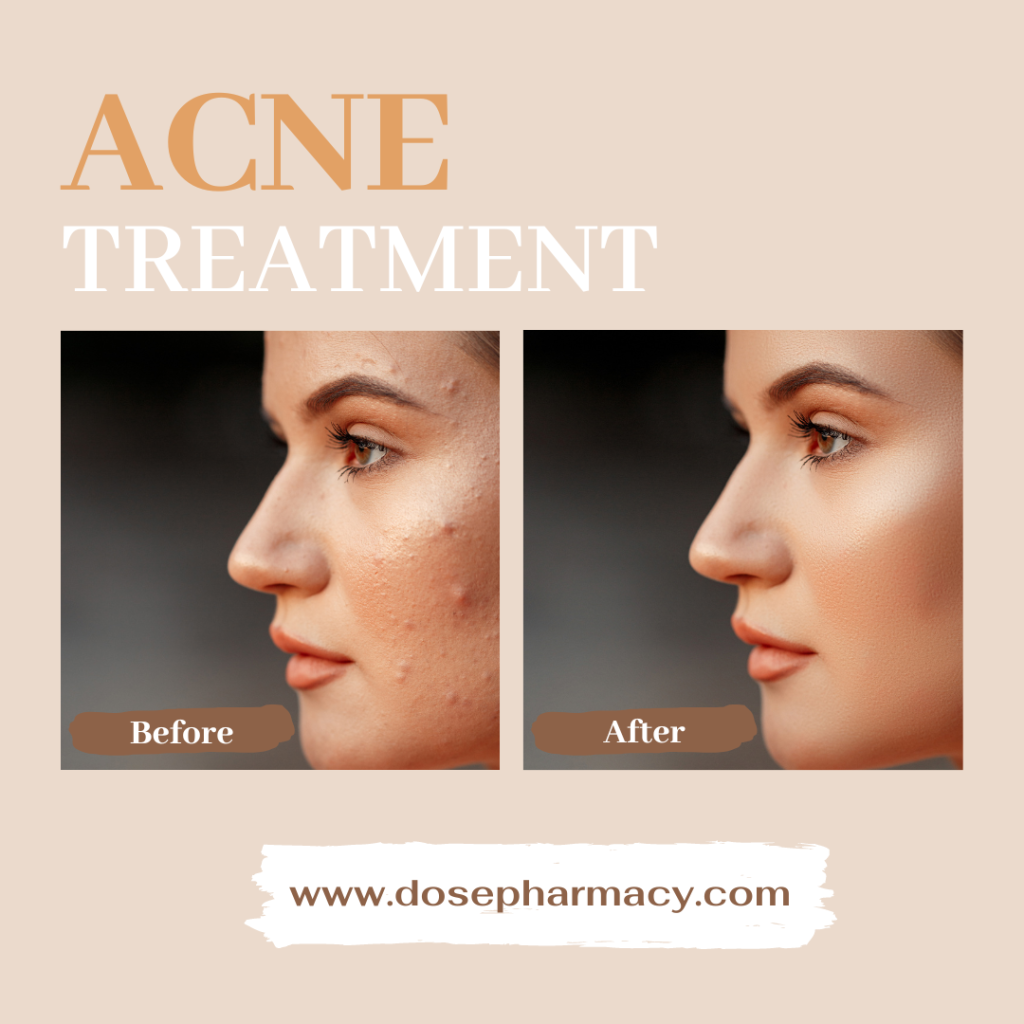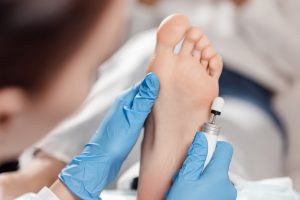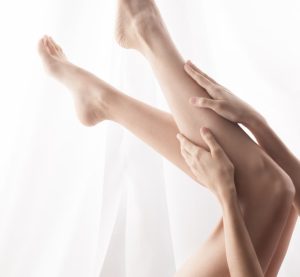Is Accutane the most effective acne treatment?
3 min read
Accutane (isotretinoin) is a powerful medication often hailed as the most effective treatment for severe acne. This article delves into the reasons behind this reputation, explores its mechanism of action, and compares it to other acne treatments. you should buy accutane online at dosepharmacy
Why Accutane Stands Out:
isotretinoin 40 mg tackles acne at its root causes:
- Reduces Oil Production: It shrinks oil glands, minimizing excess sebum (oil) that clogs pores and fuels bacterial growth.
- Combats Inflammation: It reduces inflammation within the skin, diminishing the redness and swelling associated with acne lesions.
- Unclogs Pores: It promotes cell turnover, preventing dead skin cells from accumulating and blocking pores.
- Targets Bacteria: While not directly killing bacteria, it creates an environment less hospitable for P. acnes bacteria, which thrive in clogged pores.
The Power of Accutane:
- Long-lasting Results: Studies show up to a 50% chance of long-term remission after one course of treatment, meaning acne may not return for a significant period.
- Effective for All Acne Types: Accutane tackles cystic and nodular acne, the most severe forms, along with milder inflammatory acne.
- Reduced Scarring: By controlling inflammation and preventing breakouts, Accutane can help minimize the risk of acne scarring.
However, Accutane Isn’t for Everyone:
- Strict Regulations: Due to potential side effects, Accutane is a heavily regulated medication. It requires a doctor’s prescription and close monitoring throughout treatment.
- Potential Side Effects: These can include dry skin, lips, and eyes, joint pain, and mood changes. In rare cases, it can cause birth defects, so strict pregnancy prevention measures are necessary.
- Not a First-Line Treatment: Doctors typically reserve Accutane for severe acne that hasn’t responded to other treatments like antibiotics, topical medications, or light therapy.
Alternatives to Accutane:
While Accutane is highly effective, it’s not the only option:
- Topical Treatments: Over-the-counter or prescription creams/gels containing benzoyl peroxide, salicylic acid, or retinoids can be effective for mild to moderate acne.
- Oral Antibiotics: Antibiotics like tetracycline can target P. acnes bacteria but should be used for short durations to minimize antibiotic resistance.
- Combination Therapy: Dermatologists often combine different approaches for optimal results.
The Choice is Individual:
The best treatment depends on the severity of your acne, your skin type, and your overall health. Consulting a dermatologist is crucial to determine the most suitable option for you.
Treatment Considerations:
- Course Duration: Accutane treatment typically lasts 4-6 months, but can vary depending on individual needs.
- Pregnancy Risks: Isotretinoin can cause severe birth defects. Women on Accutane must undergo strict pregnancy prevention measures, including monthly pregnancy tests.
- Mental Health: While rare, Accutane use has been linked to depression and suicidal ideation. Open communication with your doctor about any mood changes is essential.
- Blood Testing: Regular blood tests may be required during treatment to monitor for potential side effects like liver or cholesterol changes.
Lifestyle Modifications While on Accutane:
- Sun Protection: Accutane increases sun sensitivity. Sunscreen with SPF 30 or higher is crucial daily to prevent sunburn.
- Moisturization: Dry skin and lips are common side effects. Using a gentle moisturizer regularly is essential.
- Avoiding Irritating Products: Harsh skincare products can worsen dryness. Opt for gentle cleansers and fragrance-free moisturizers.
Treatment Considerations:
- Course Duration: Accutane treatment typically lasts 4-6 months, but can vary depending on individual needs.
- Pregnancy Risks: Isotretinoin can cause severe birth defects. Women on Accutane must undergo strict pregnancy prevention measures, including monthly pregnancy tests.
- Mental Health: While rare, Accutane use has been linked to depression and suicidal ideation. Open communication with your doctor about any mood changes is essential.
- Blood Testing: Regular blood tests may be required during treatment to monitor for potential side effects like liver or cholesterol changes.
Lifestyle Modifications While on Accutane:
- Sun Protection: Accutane increases sun sensitivity. Sunscreen with SPF 30 or higher is crucial daily to prevent sunburn.
- Moisturization: Dry skin and lips are common side effects. Using a gentle moisturizer regularly is essential.
- Avoiding Irritating Products: Harsh skincare products can worsen dryness. Opt for gentle cleansers and fragrance-free moisturizers.
Long-Term Management:
- Maintenance Routine: Even after successful treatment, a maintenance routine with gentle cleansers and potentially retinoids may be recommended to prevent future breakouts.
- Scarring Treatment: If acne scarring persists after treatment, a dermatologist can discuss options like laser therapy or microneedling to improve their appearance.
Long-Term Management:
- Maintenance Routine: Even after successful treatment, a maintenance routine with gentle cleansers and potentially retinoids may be recommended to prevent future breakouts.
- Scarring Treatment: If acne scarring persists after treatment, a dermatologist can discuss options like laser therapy or microneedling to improve their appearance.





